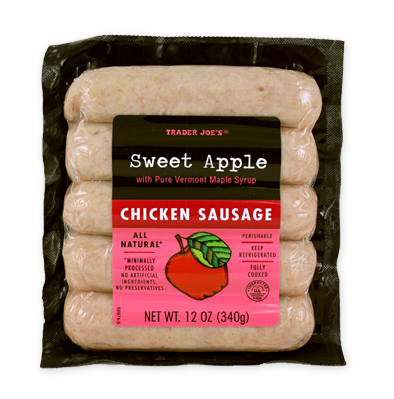

And in the space of a few months, someone picked them off. Five women, each with their own missed chances at a better life, had ended up in this grimy, noisy, lively, crumbling byword for deprivation: Spitalfields. The raw facts of the story had got stuck in our throats like fishbones. These were ways for us to flip things the way The Book had flipped us. In bookshops, we rearranged the local history shelves, covering up the hero worship and victim gore with copies of The Book. Some of them were in glass frames that we smashed on the curb, delicious crunch under our boots. They were reproductions of old newspaper reports and caricatures of cloaked, top-hatted figures. When we went outside to smoke, we dropped the offending items to the ground and kicked them into the rest of the rubbish that pooled in Shoreditch’s corners. It started small, with the slipping of mementos off pub walls and into our bags. Their blood had run between the paving stones. The people it was about – five women with a common killer – were deeply connected to the same streets we walked every two weeks to meet each other. But there wasn’t much we could say against its relevance. We liked books better when they had already had their buzz, and kept a whiff of it squashed between their pages like pressed flowers. It was a new release, the rest of us protested, still only in hardback. We were straying into Dickens (really more of a promiscuous London author, his literary scent in every postcode), when someone suggested The Book. Then there was a memoir about a pie and mash shop, a biography of Sylvia Pankhurst, a short and unanimously panned book about the Krays. First there were the modern greats: Monica Ali, Peter Ackroyd, Salman Rushdie. The books could be anything, but they had to feature somewhere local. But we had the skills our humanities-heavy educations had taught us, and we had the background reading. Usually Kent.īetween us, we had no faith or children, no way to lay down easy roots in the community. People like us appeared in Homerton and Bow and Poplar and Haggerston, set up a home, then left it two or five years later and went elsewhere. We lived in East London, but had no prior connection to it, and we felt uneasy about this, our contextlessness. The purpose was to educate ourselves – the selves in question being a handful of women, mostly white, all university-educated, all born outside of the city.

It really was a book group, to begin with. We cover up our T-shirts again with big coats, wind long scarves around our necks like bandages, and step out into the night. Sometimes we must play to their perversions, we tell each other, to get attention.

The youngest victim, the most sexually dangerous, biography-less, mysterious. We shush each other, decide it does not matter, that people have the most interest in Mary Jane anyway. Two of us have Mary Jane Kelly, and an argument ensues over who was supposed to do Mary-Ann Nichols. We show each other our T-shirts, hand-painted with the words NOT JUST A CORPSE, and printed with pictures of the women. Victorian Whitechapel did not have the benefit of the bright lights it does today. We double-tap spaces along the route where we might jump out from a dark corner and interrupt the tour. We will need a place to hide before our protest. Let’s not pathologise the killing of women to the extent that we forget it is common, we remind each other, not something that needs to be attributed to a single mastermind. The gruesome verb is too painful an echo of the splattered bodies printed on souvenirs and guidebooks. “The Ripper” is more appropriate, but still it has undertones of sick reverence. We don’t call him “Jack,” a made-up everyman name that gives him undue relatability. A drive-by viewing of 130-year-old crime scenes. The death sites, of course: Hanbury Street, Dorset Street, Mitre Square. Laying a phone on the table, we hover our fingers over the route the tour will take. We huddle together in our usual corner, drinking pale ales, and go over the plan. The glow of it splashes out onto the street, and as we come inside, warmth hits us across the face so that our bones unknit and our layers unfold gloves, hats, bicycle helmets come away like well-cooked meat. Our Shared Neuroses Andrew Kaye Kauffmann.FOUR COLLAGES ON LONELINESS katiehamill.
#Latinas popshot skin#



 0 kommentar(er)
0 kommentar(er)
